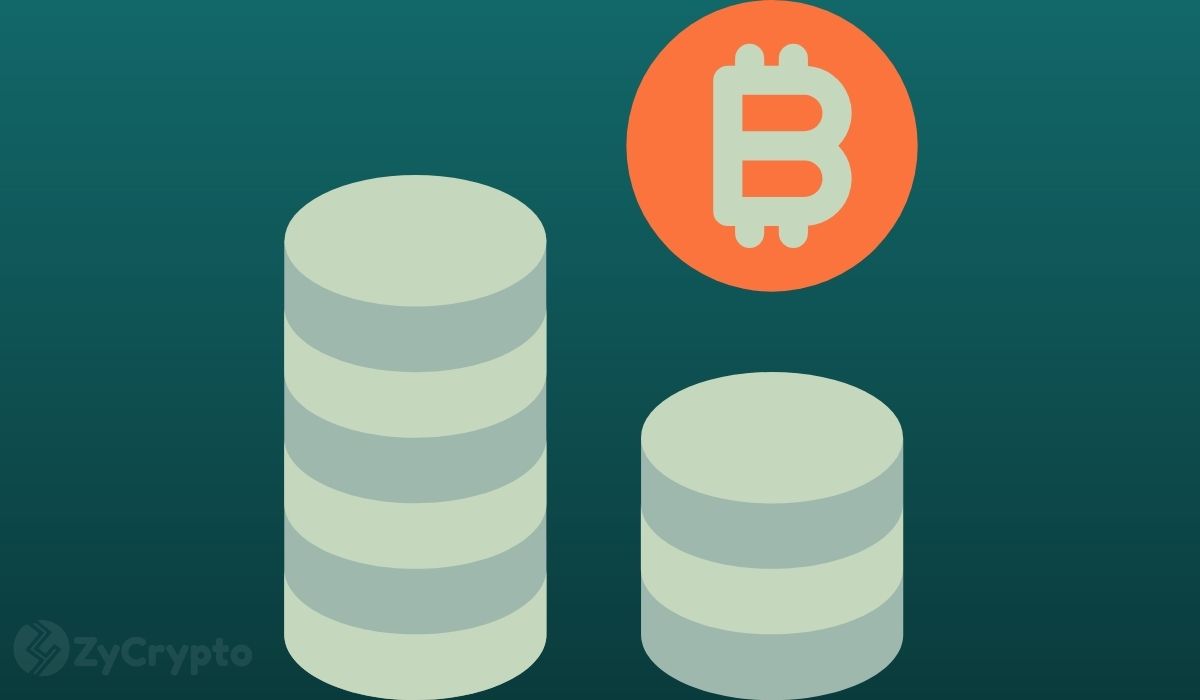ARTICLE AD BOX

Donald Trump, former president and the current Republican nominee for this year’s presidential election, sparked discussion in the crypto industry last month after announcing plans to make Bitcoin a strategic reserve asset for the United States if he takes office in January 2025.
While it may seem like a great idea for Bitcoin evangelists, Bianco Research president and former Wall Street analyst Jim Bianco believes it could end up harming the core tenets that made Bitcoin appealing in the first place.
Why Bitcoin As A Strategic Asset May Cause More Harm Than Good
Trump’s pledge to establish a national Bitcoin reserve — and keep all of the BTC currently held by the U.S. government through confiscations — concluded a keynote address at the Bitcoin Conference in Nashville in which he vowed to end the Biden administration’s regulatory onslaught against crypto.
But for Jim Bianco, this would lead to more overt governmental oversight and control over the Bitcoin price in the long term. During an interview with journalist David Lin, Bianco noted that retail investors will not know the government’s exact Bitcoin strategy. They will instead be forced to deal with the consequences of government-controlled Bitcoin (BTC) prices:
“Every time a government steps in and does something like this, they put rules on it. They’re going to decide what is the appropriate price for Bitcoin and they’re going to sell it when it’s too high, they’re going to buy it when it’s too low, they gonna decide who owns it.”
Senator Cynthia Lummis, a prominent crypto industry advocate, on July 31, formally introduced the Bitcoin Reserve bill to the U.S. Senate. The bill aims to create a national reserve of Bitcoin and position the US as a global leader in the adoption and secure management of the world’s oldest and largest crypto by market capitalization. Lummis’ proposal includes lofty goals, such as accumulating 1 million BTC — which is roughly 5% of the total Bitcoin supply. The bill proposes using existing US Treasury funds to buy Bitcoin, akin to the Treasury’s gold allocation.
According to Bianco, however, qualifying Bitcoin as a strategic asset does more harm than good as it doesn’t echo freedom, sovereignty, and independence from government control, which is what the alpha crypto stands for.
It’s worth mentioning that a Hong Kong lawmaker has also called on the region to consider including Bitcoin in its strategic financial reserves amid growing global recognition of BTC, frequently called “digital gold”, due to its potential as a hedge against runaway inflation.
.png)
 3 months ago
2
3 months ago
2








 English (US)
English (US)